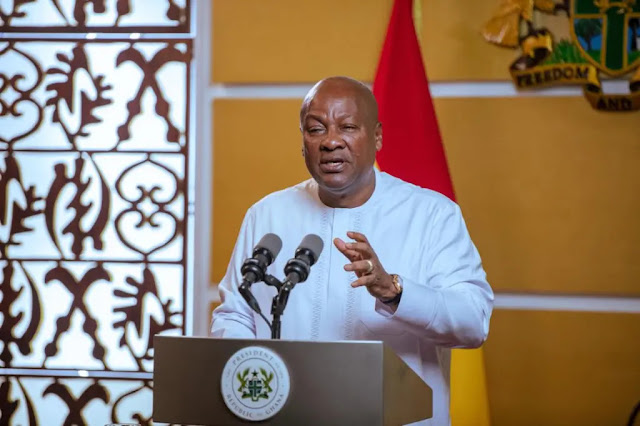President John Dramani Mahama has addressed the controversial introduction of a new levy on petroleum products, characterizing it as a “difficult but necessary” step towards stabilizing Ghana’s economy. On Monday, Parliament enacted a law imposing a levy of GHS1 for every litre of fuel, a move that has generated significant discussion among the public.
During a press briefing at the Jubilee House, where he presented the concluding report of the National Economic Dialogue 2025, President Mahama acknowledged the concerns raised by citizens but stood firm on the necessity of the levy. “This was not a decision we took lightly,” he remarked, emphasizing that the measures, while challenging, are both justifiable and crucial for the country’s financial health.
The President elaborated on the intended use of the funds generated from this new levy. Unlike traditional public revenue, which is deposited into the Consolidated Fund, the proceeds will be shielded from the usual financial uncertainties associated with it. He assured the public that the funds will be strictly allocated for essential purposes, including the enhancement of energy infrastructure and providing a buffer against external economic shocks, thereby ensuring that they serve their intended purposes effectively.
In addition to the new levy, President Mahama announced plans for rigorous measures to tackle systemic inefficiencies in the petroleum sector. He hinted at increased oversight, transparency, and accountability within the industry to ensure that resources are utilized efficiently and deliver value for every cedi spent.
While the introduction of the levy may lead to a slight rise in fuel prices, government officials are optimistic that the long-term benefits will significantly outweigh the immediate increase. They argue that enhancing economic stability and investing in energy resilience are critical for the nation’s growth and development.
You May Also Like
The timing of this levy is notable, coming at a period when the government faces mounting pressure to reduce fiscal deficits and rectify revenue leakages. Although skepticism exists among the public, President Mahama expressed hope that over time, citizens will recognize the broader intentions behind this policy shift. As the nation navigates these economic challenges, the government remains committed to finding sustainable funding approaches without overreliance on external borrowing.



